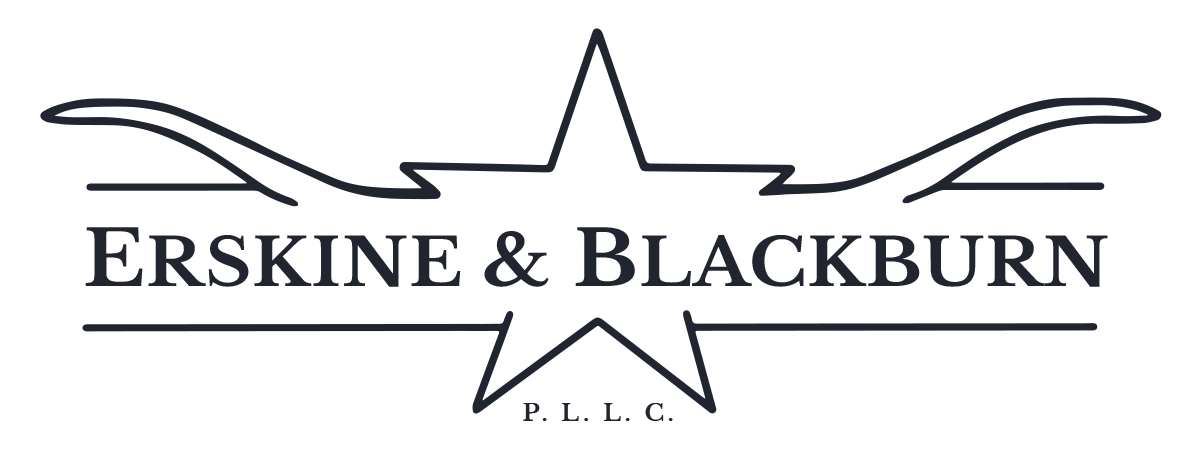Been in an accident? We can help.
If you are driving or riding in an automobile, motorcycle, boat, or bicycle, and someone collides with the vehicle you are in, you may have a legal cause of action against the person who hit you if you can prove they were negligent.
Generally, there are three elements which must be met in order to have a meritorious and successful automobile collision case.
Liability:
In order to prove liability, someone other than yourself must be at fault for the collision.
When you are driving a vehicle, you have a duty to observe and follow all traffic laws to protect yourself and others who are using the roadway. If someone violates a traffic law while driving, such as: running a stop sign; running a red light; following too closely; driving while intoxicated; failing to yield the right of way; failing to pay attention, or any other traffic laws, and causes a collision, he may be held responsible for the collision.
Liability is usually proven through testimony from you, witnesses to the collision, and/or an investigating law enforcement officer who can testify as to the facts of what happened to cause the collision.
Damages:
In order to prove damages, you must suffer a loss either to your property or your person.
A loss can include damages to your car and/or injuries to your body. Damage to your property is usually proven through photographs, repair estimates, and appraisals which specify the cost to repair your property.
Damage to your body is usually proven through medical records and medical bills that are incurred for medical treatment for your injuries. Other damages you may be entitled to recover for are: pain and suffering, time missed from work, disfigurement, and impairment.
Source of Recovery:
In order to have a successful case, you must be able to collect money to compensate you for your damages.
You will not be compensated for your damages if a judge or jury awards you money for your damages and you are unable to collect the money from the person responsible to pay for your damages.
Generally, a source of recovery is insurance coverage for the person who caused the collision, or your own insurance policy if you have Uninsured/Underinsured Motorist insurance coverage, and/or Personal Injury Protection or Medical Payments coverage. Insurance coverage provides a source of recovery for your damages to compensate you for your losses.
It is rare that someone would be able to pay for your damages out of their personal financial resources in the event you obtained a judgment against them. If the person responsible for the collision is uninsured (no insurance) or underinsured (not enough insurance), you will probably have to make a claim on your own insurance policy if you have uninsured/underinsured motorist coverage. Your insurance company will then “step into the shoes” of the person who hit you and become an adverse party to your interest.
If you are able to meet all three of these elements, you will have a meritorious and successful case.
We have experience with cases involving:
• Drunk drivers causing auto collisions
• Distracted drivers using cellphones causing auto collisions
• 18-wheeler drivers causing death and catastrophic harm

